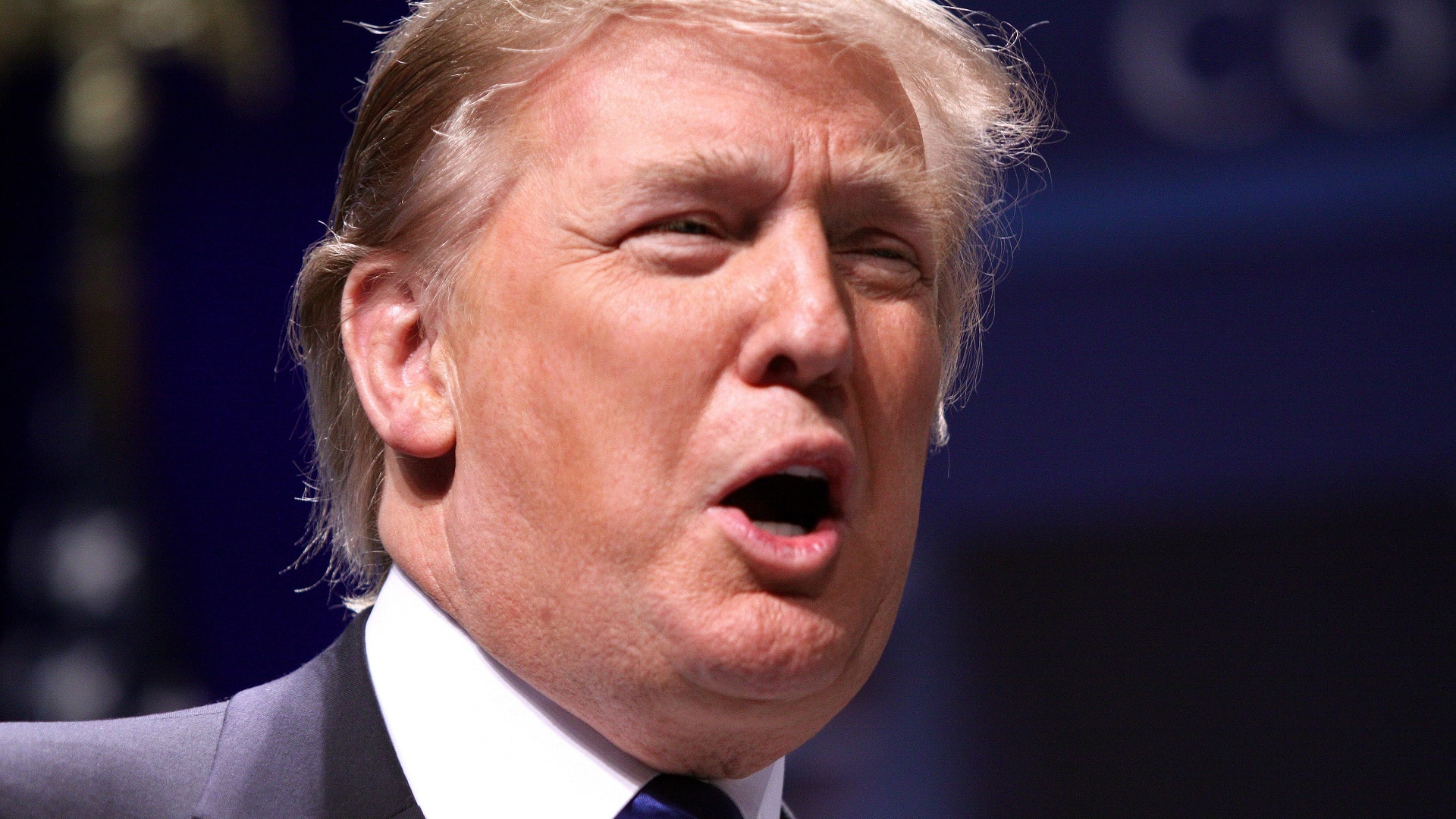Assessing the Donald Trump administration is difficult.
There’s just so much noise – and so much hyperbole – surrounding everything Trump did or said.
Things that weren’t necessarily important in the grand scheme were amplified into this overarching, stratospheric context.
Trump’s taxes for example. The left spent years harping about Trump’s taxes, pursuing Trump’s taxes, speculating about Trump’s taxes. Rachel Maddow and her ilk milked Trump’s taxes for ratings and contracts and kept the mysterious tax disclosures front of mind in the public’s eye for so long that along the way people started to think Trump’s taxes were relevant. But they weren’t.
A president isn’t required to disclose his taxes. And when Trump’s tax returns were revealed, everything was in order. He was compliant. I’m on a tangent here, but there’s a point: the cacophony of white noise surrounding the Trump administration makes assessing the Trump administration difficult.
When asked to name a ‘biggest mistake’ of the Trump administration, observers on the left are quick to cite abuse of power. But when I think of abuse of power, the first twenty first century name that comes to mind isn’t Donald Trump but George W. Bush who dug up and legitimized the Unitary Executive Theory to consolidate presidential power.
The easy ‘biggest mistake’ answer here could also be Trump’s degradation of presidential norms and decorum. He was loud and rude and stupid and almost seemed to take pleasure in disrupting the standardized practices of our government and of our diplomacy.
But in effort to do my part and avoid the hyperbole surround the Trump administration, let’s take a measured and technocratic look at what nearly immediate retrospect suggests will be one of Trump’s biggest mistakes: his relationship with Russia.
Donald Trump on Russia
Trump developed the reputation, in large part thanks to rampant and mainstream conspiracy theories, for being soft on Russia. But Trump wasn’t especially soft on Russia; rather, Trump was somewhat hard on Russia. The results of Trump’s approach are playing out now – in Ukraine – where a Russian invasion has deteriorated into a brutal land war, the world’s hottest hot spot. That’s not entirely Trump’s fault – not by a long shot. But Trump didn’t help.
Despite the soft-on-Russia narrative (or perhaps in direct refutation of the soft-on-Russia narrative), Trump consistently strengthened sanctions against Russia. Here are a examples from an article I wrote for New York Transatlantic a few years ago: “[Trump] opposed Nord Stream 2; the gas pipeline project created to carry Russian gas to German markets. He approved the sale of anti-tank missiles ot Ukraine (for use against Russian tanks), something the Obama administration – which was continuously trying to reset relations with Russia – declined to do.”
That’s not all. “Trump increased troop levels in Eastern Europe. He pulled the US out of the Intermediate-range Nuclear Forces Treaty (INF). He did not extend the Strategic Arms Reduction Treaty (START). He launched missile strikes against Syria (Russia’s Middle Eastern satellite). Trump then left a US troop presence in Northeastern Syria despite Russia’s protests.”
You get the idea. Donald Trump wasn’t soft on Russia. Rather, Trump treated Russia as an existential threat to US security. Trump should have had a more strategic approach on Russia, for the Russian invasion of Ukraine is partially a response to the Trump administration’s antagonizing.
Harrison Kass is the Senior Editor and opinion writer at 19FortyFive. An attorney, pilot, guitarist, and minor pro hockey player, Harrison joined the US Air Force as a Pilot Trainee but was medically discharged. Harrison holds a BA from Lake Forest College, a JD from the University of Oregon, and an MA from New York University. Harrison listens to Dokken.
From the Vault
‘You Really Oughta Go Home’: F-22 Raptor Stealth Fighter Flew Under F-4 From Iran

